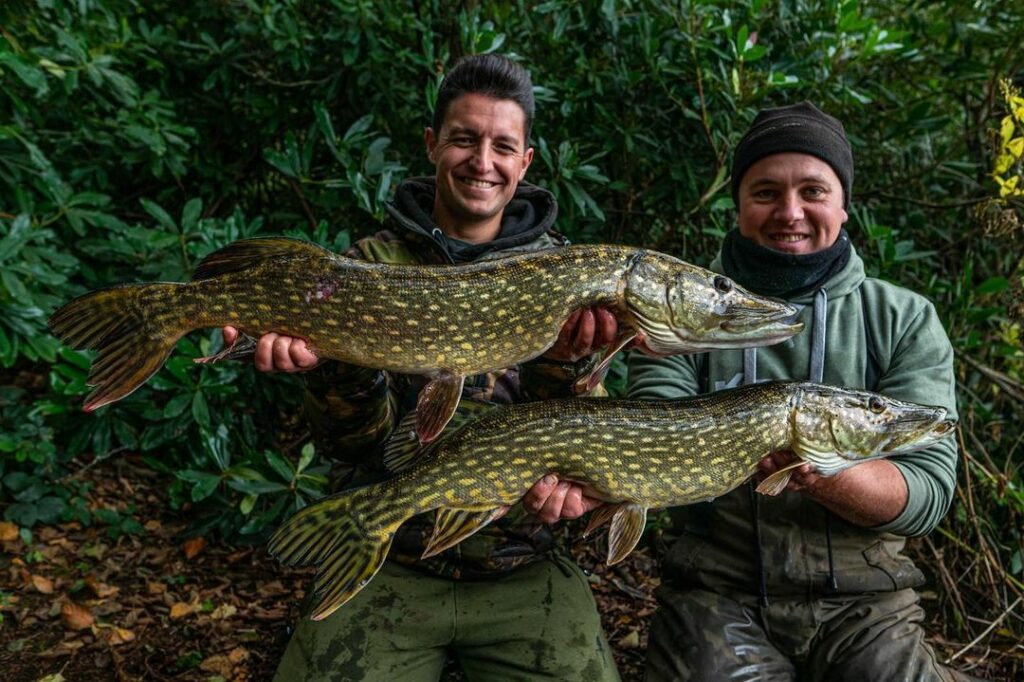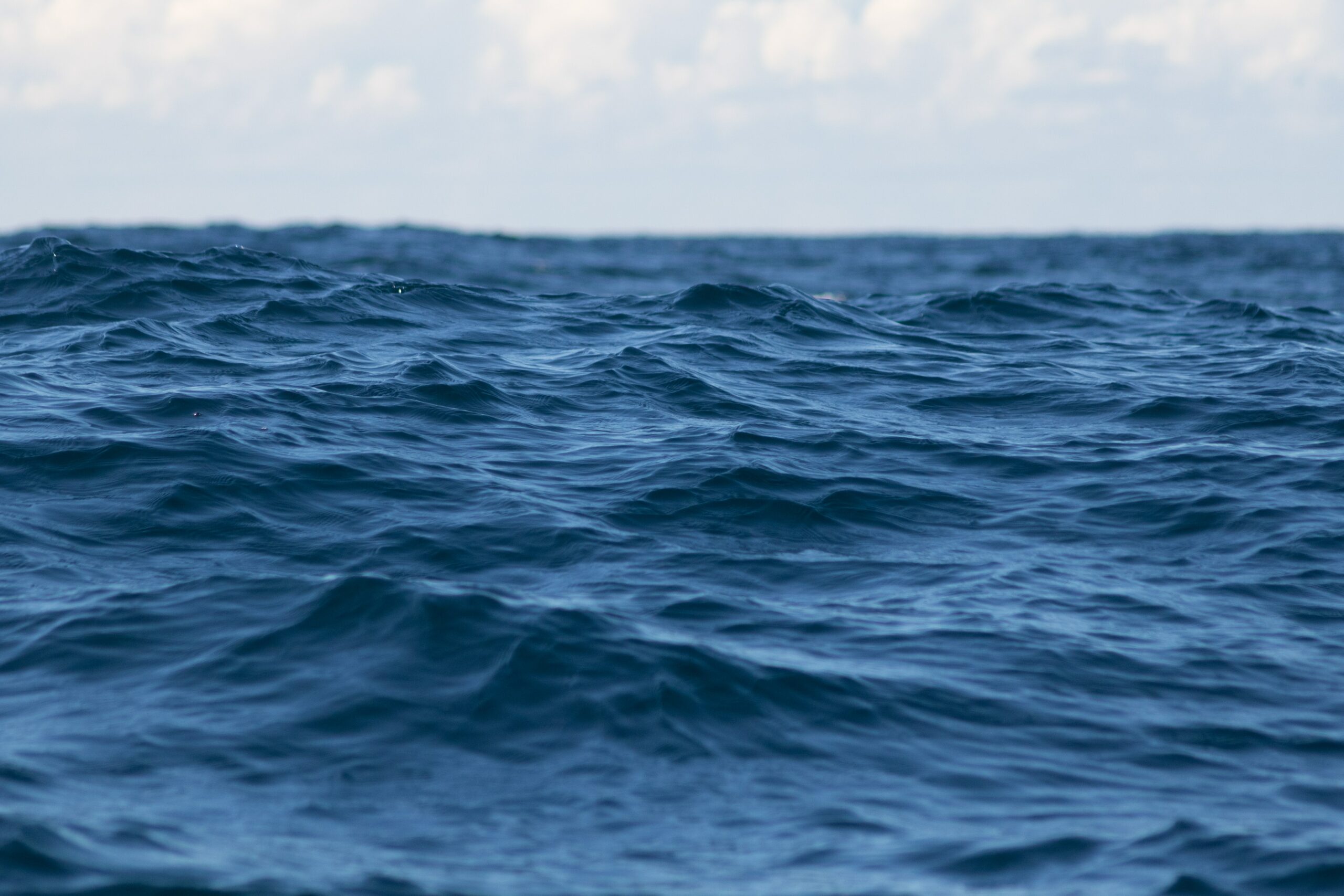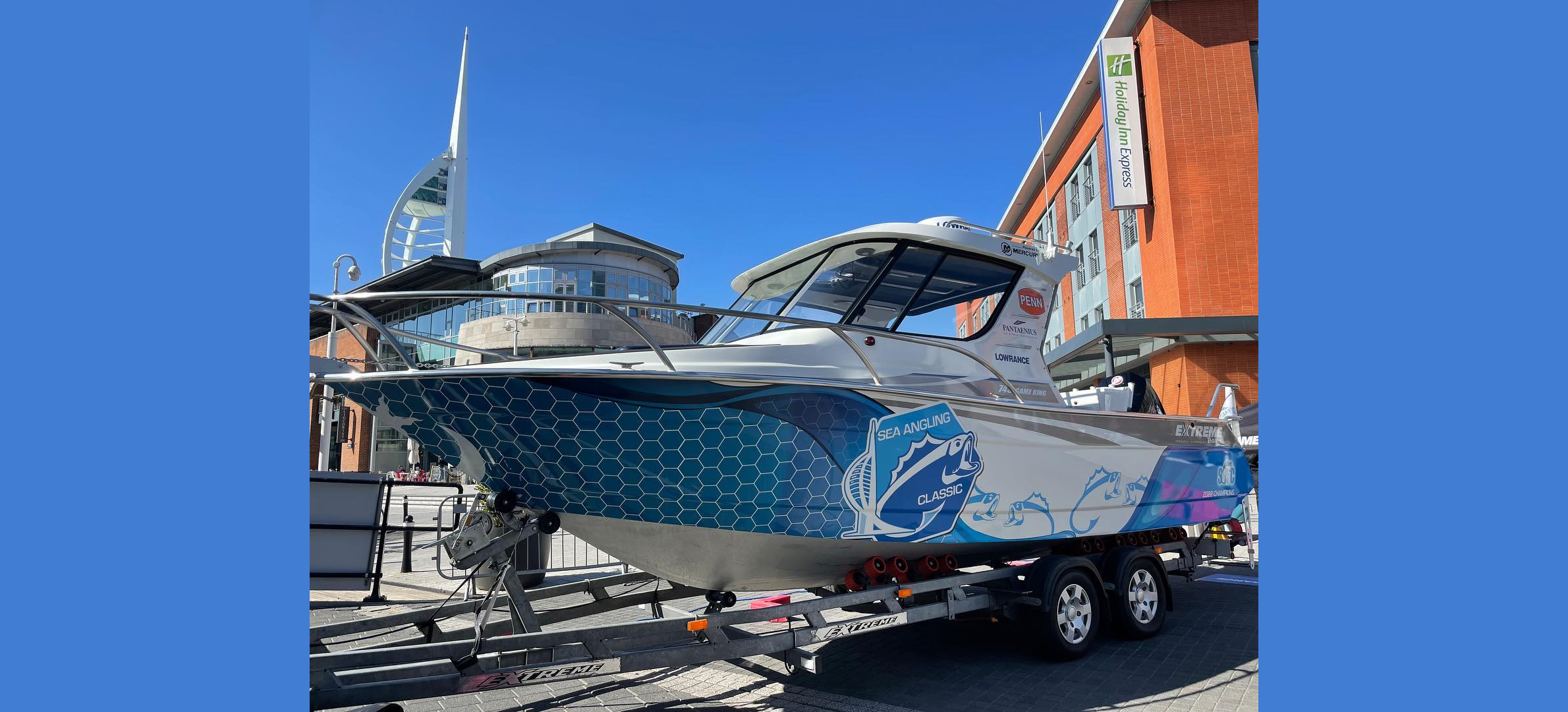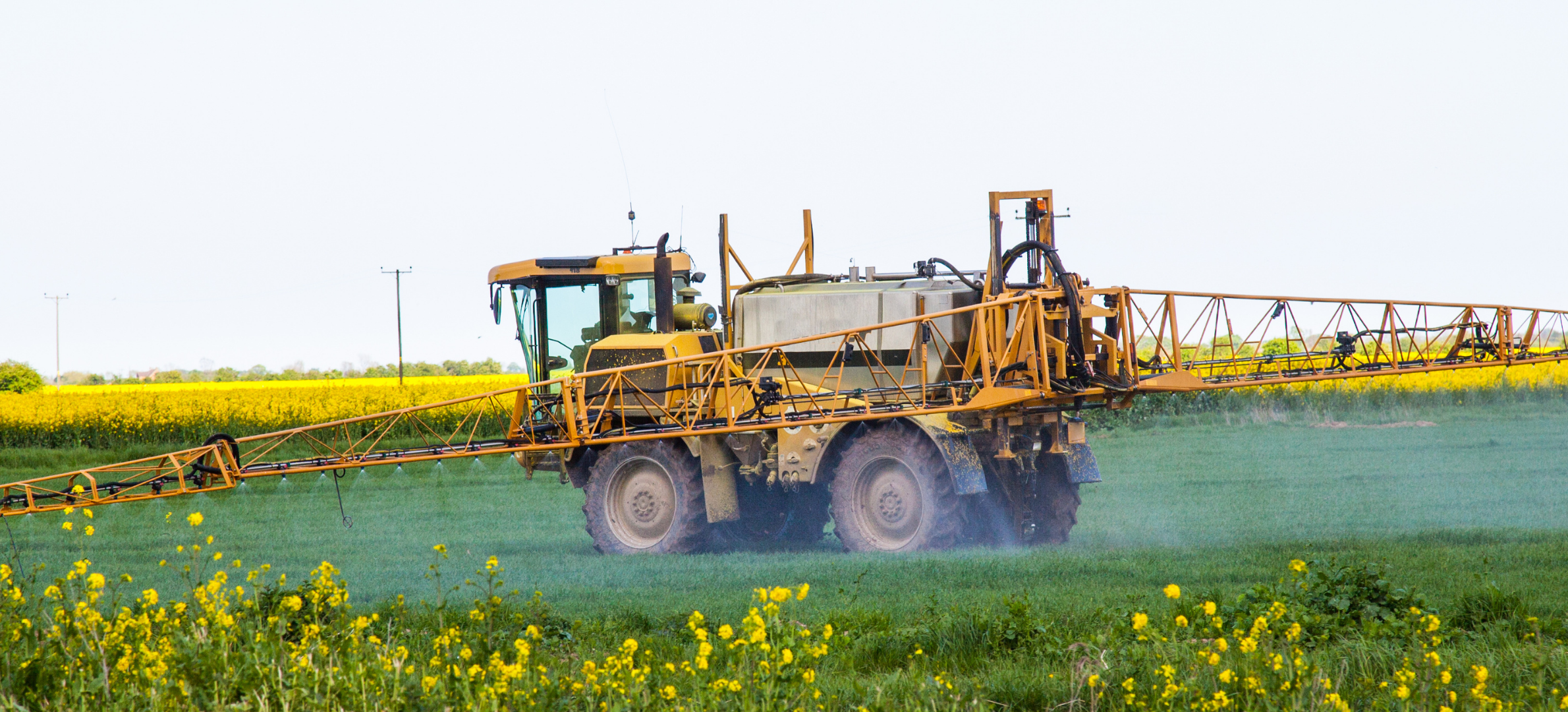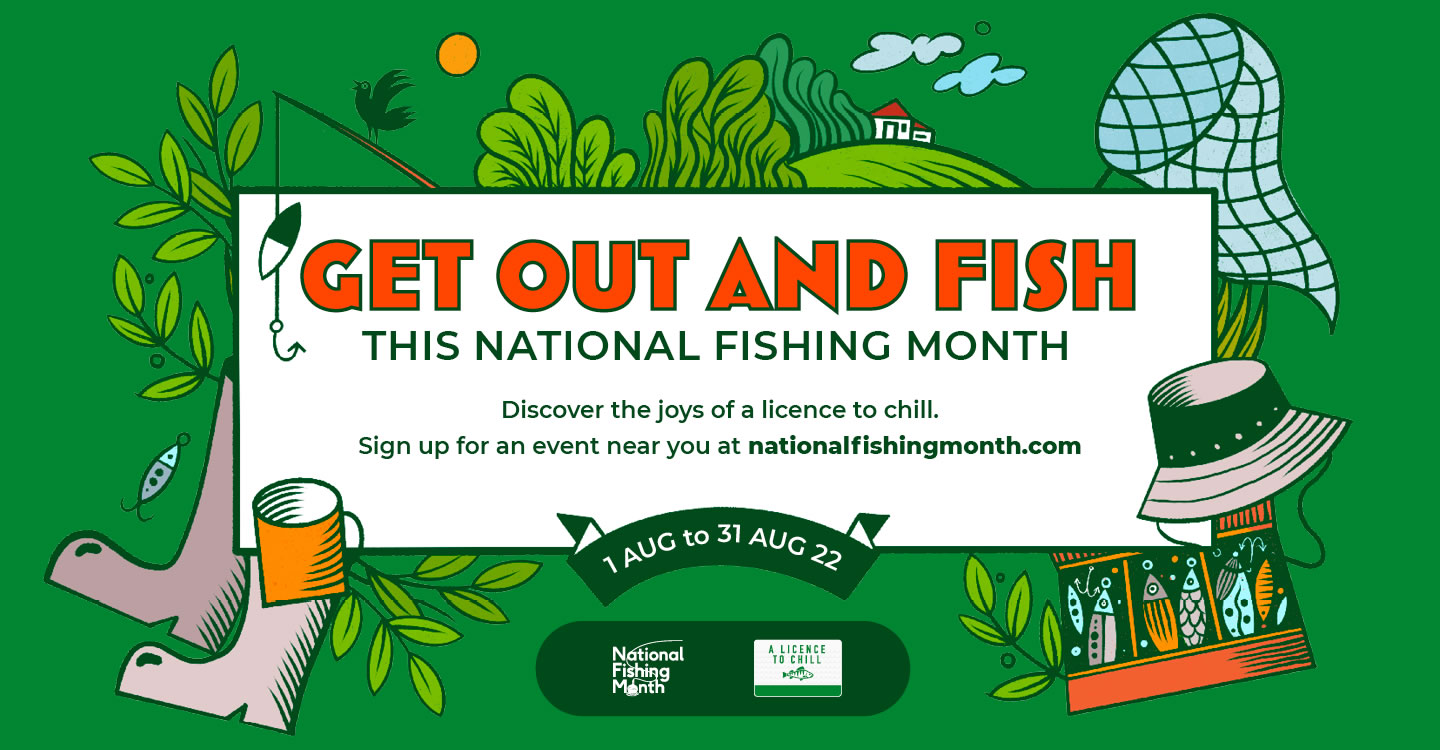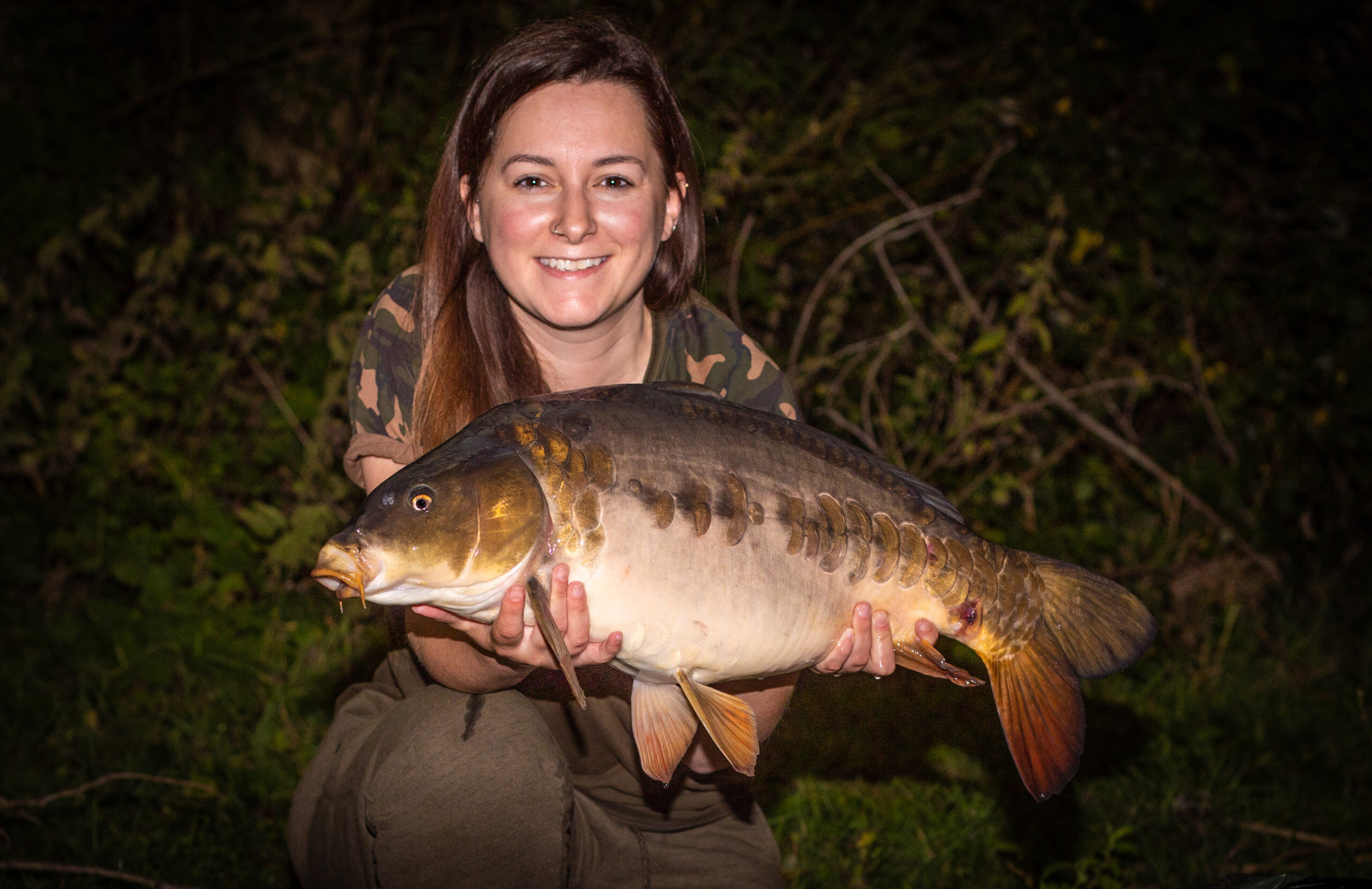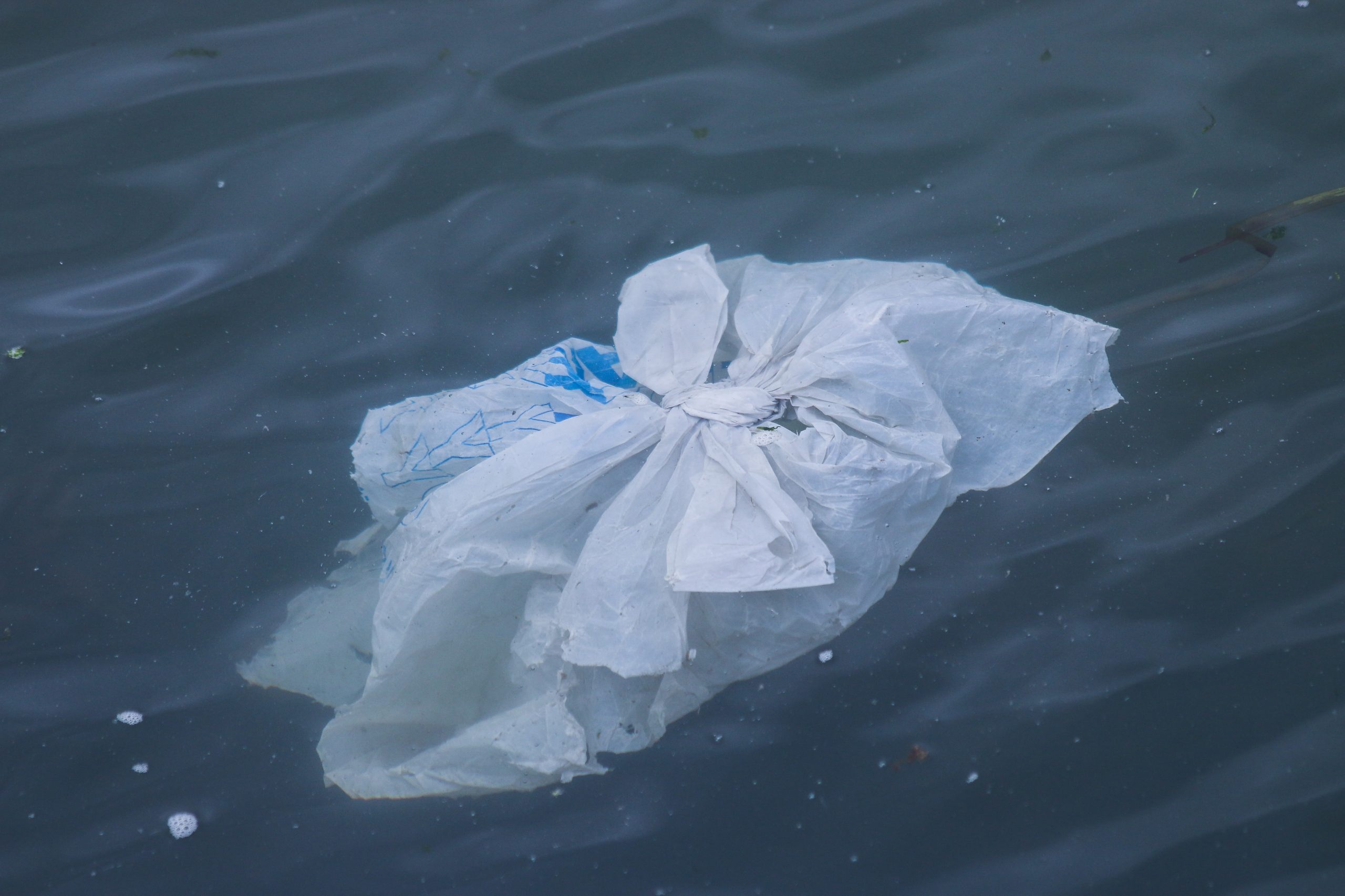
Anglers Against Litter
Take Action to Keep the Sea Plastic Free
It’s no secret that our oceans are drowning in plastic, so how can we as sea anglers promote a plastic free future for our seas?
Our angling experience is improved by a healthy marine environment. Nobody wants to look out to the sight of plastic bottles and bags bobbing along the sea surface, and even less appealing is landing a beautiful fish, only to find it entangled in a six-pack ring.
Between 8 to 14 million tonnes of plastic enters our ocean worldwide every year and it’s now estimated that 88% of the sea’s surface is polluted by plastic waste. Plastic not only pollutes our seas where it often entangles wildlife, it is also entering our food chain as our favourite seafood ingests plastics in their environment and we in turn eat too. Plastic pollution is not only an environmental problem, but also one for human health and wellbeing.
As sea anglers we are stewards of the marine environment and can help to create a healthier future for our seas so that future generations can continue to enjoy the sport we love the most. Plastic Free July is an annual movement to reduce plastic pollution for a whole month, but for many of us that isn’t possible, so how can we make small changes that make a huge difference to the big blue?
Here’s five ways you can help create cleaner seas:
- Pledge your support to the Anglers Against Litter campaign and commit to the Take 5 campaign. Encourage others to get involved by sharing your litter pick online using the #anglersagainstlitter hashtag.
- Recycle your old fishing line and spools using the Anglers National Line Recycling Scheme
- Support Anglers Against Single Use Plastic in the Tackle Trade
- Bring along a reusable water bottle or coffee cup when fishing and pack your food and bait for the trip in reusable containers or recyclable materials rather than plastic cling film.
- Join the Angling Trust today to support the Anglers Against Litter and Anglers Against Pollution campaigns to keep our seas and coastline free from pollution.



